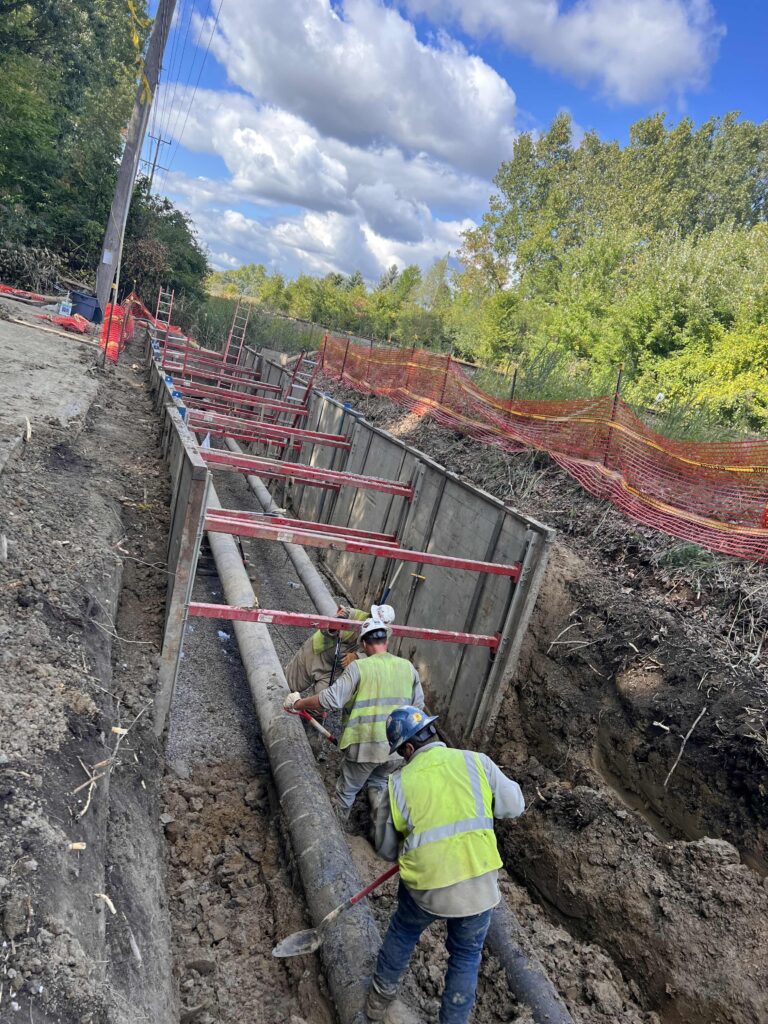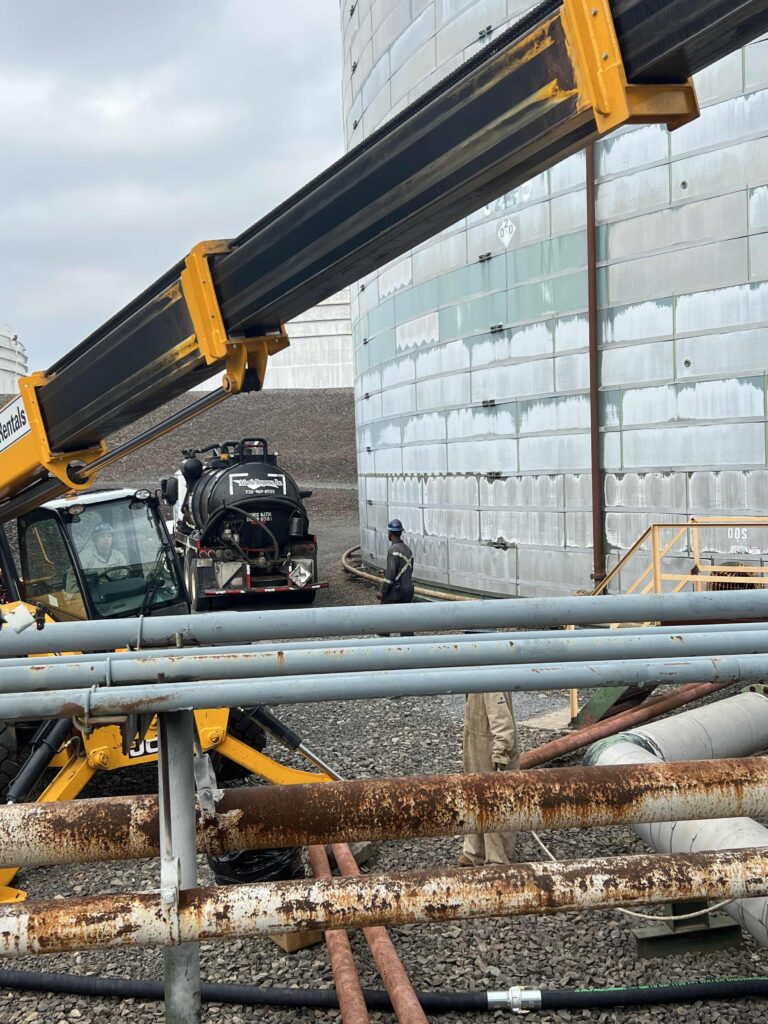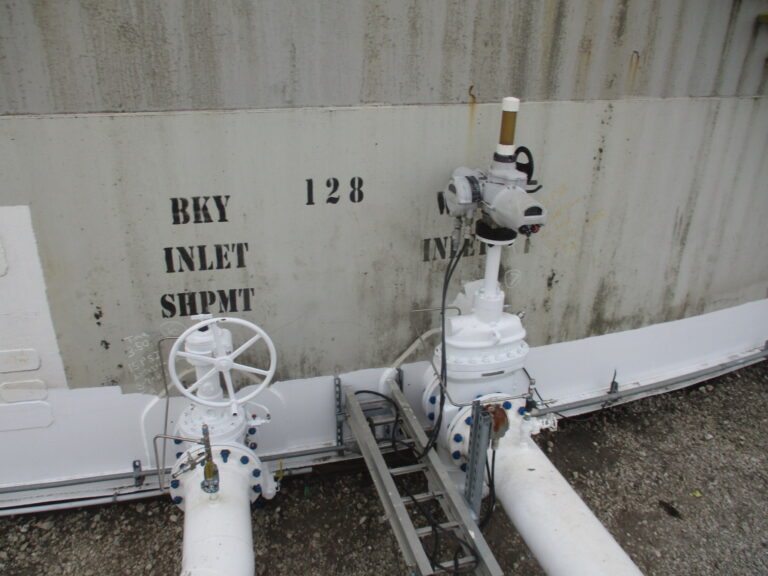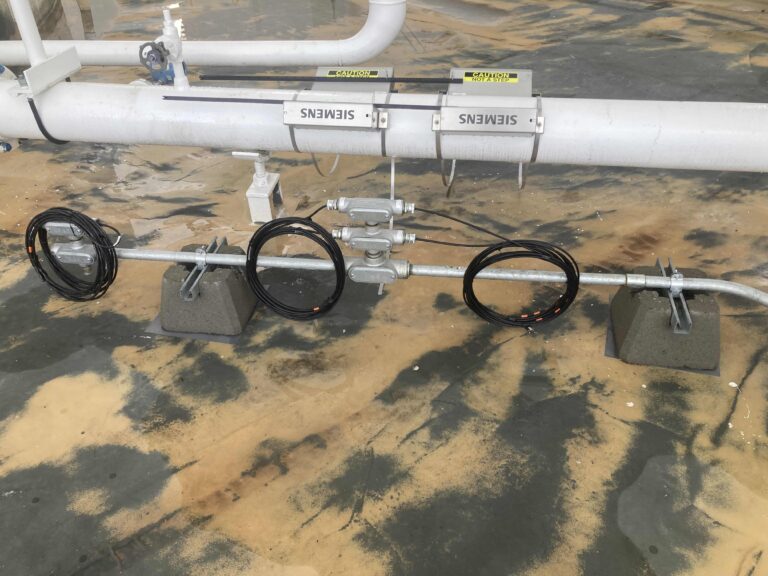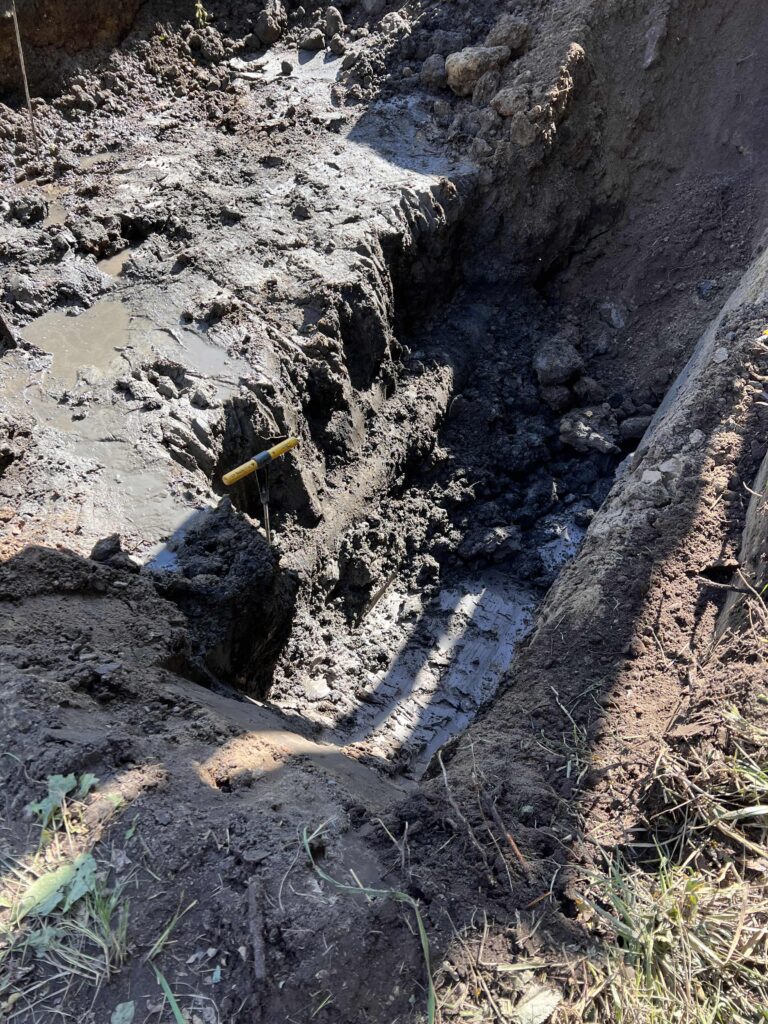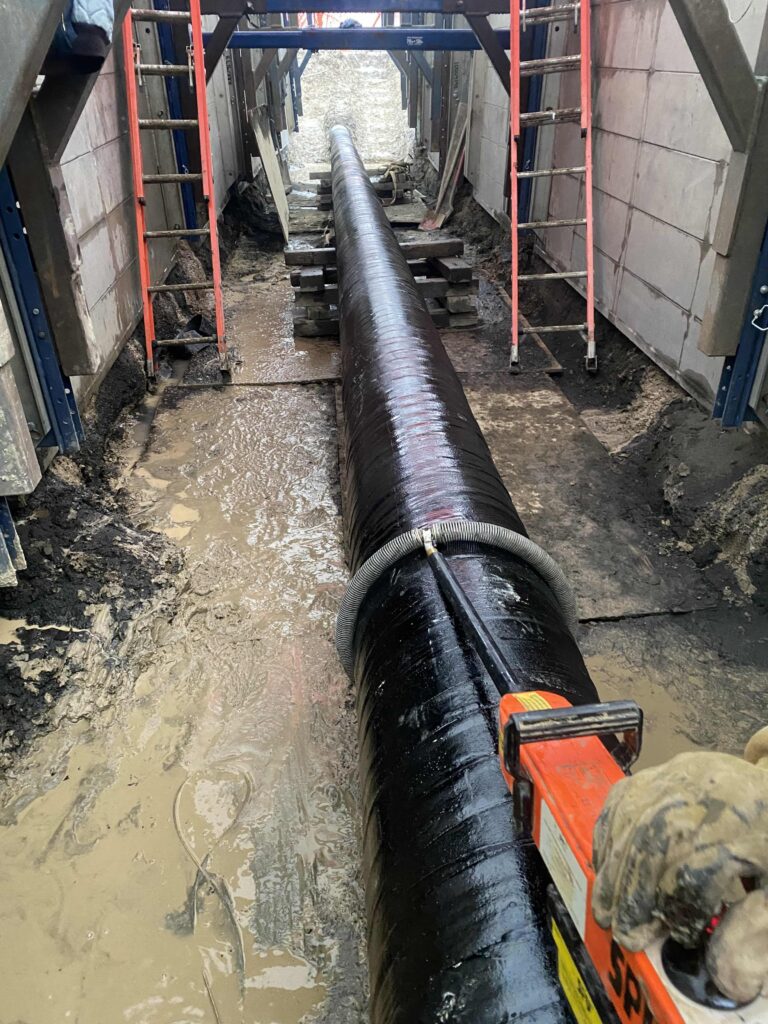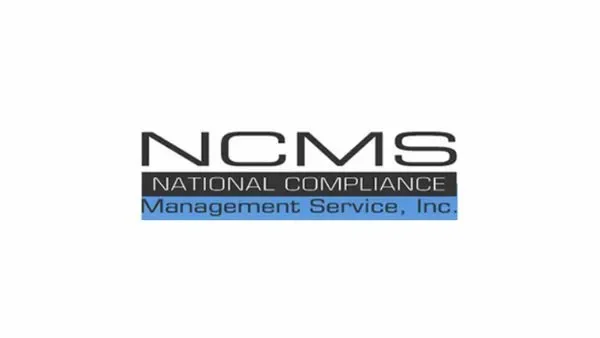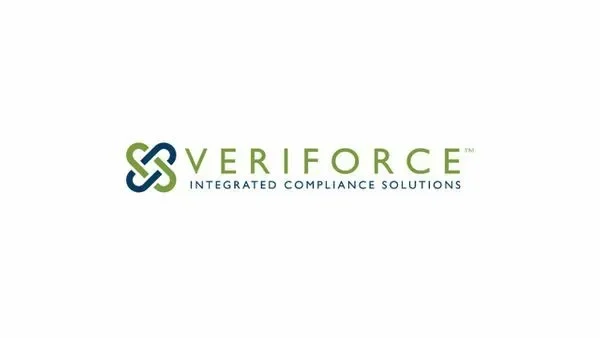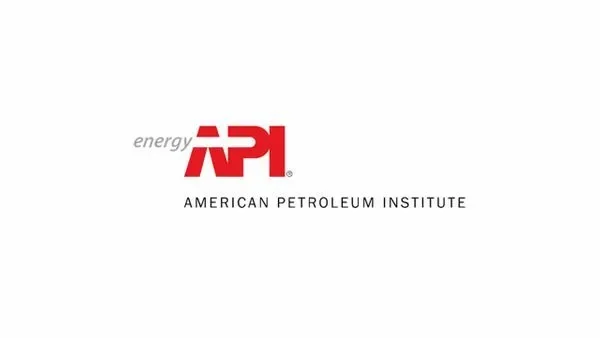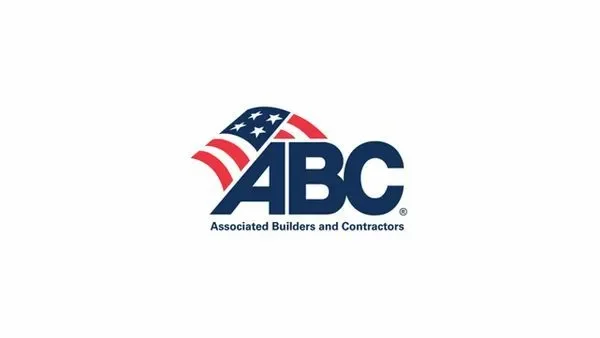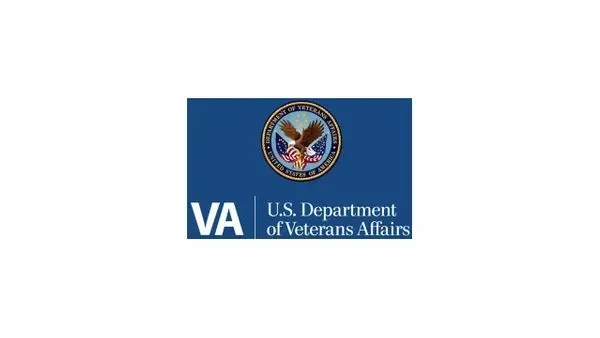Quality Assurance in Oil and Gas Facility Construction
Introduction
Quality assurance in oil and gas facility construction is vital for ensuring safety, efficiency, and project success. At Spyglass Solutions, we specialize in providing third-party construction inspection services that uphold the highest quality standards in the petrochemical industry. This blog explores the importance of quality assurance and offers strategies to implement it effectively in oil and gas facility construction projects.
The Importance of Quality Assurance in Oil and Gas Construction
Quality assurance in oil and gas facility construction is crucial for maintaining the integrity of operations and ensuring project success. High-quality standards prevent costly errors and enhance safety.
Ensuring Safety and Reliability
Ensuring safety and reliability is a primary objective of quality assurance. Rigorous quality control measures help prevent accidents, equipment failures, and operational disruptions.
Enhancing Project Efficiency
Enhancing project efficiency through quality assurance reduces delays and rework. Consistent adherence to quality standards ensures that projects are completed on time and within budget.
Key Components of Quality Assurance
Quality assurance in oil and gas facility construction involves several key components designed to maintain high standards throughout the project lifecycle.
Comprehensive Planning and Design
Comprehensive planning and design are the foundation of quality assurance. Detailed project plans and specifications guide construction activities and ensure that quality requirements are met from the start.
Rigorous Inspection and Testing
Rigorous inspection and testing at every project stage verify that construction activities comply with quality standards. This includes material testing, weld inspections, and system performance checks.
Documentation and Reporting
Documentation and reporting are essential for tracking quality assurance activities and outcomes. Detailed records provide accountability and support continuous improvement efforts.
Strategies for Implementing Quality Assurance
Quality assurance in oil and gas facility construction requires proactive strategies and continuous monitoring. Here are some effective strategies for implementing quality assurance.
Establishing Quality Standards
Establishing quality standards tailored to the specific requirements of oil and gas facility construction is crucial. These standards should be based on industry best practices and regulatory requirements.
Training and Competency Development
Training and competency development ensure that all personnel involved in the project are skilled and knowledgeable about quality standards and practices. Regular training updates are essential.
Utilizing Advanced Technologies
Utilizing advanced technologies, such as automated inspection tools and data analytics, enhances the accuracy and efficiency of quality assurance activities.
Role of Third-Party Inspections in Quality Assurance
The role of third-party inspections in quality assurance is critical. Independent inspectors provide an unbiased assessment of project quality and help identify and address potential issues.
Providing Objective Assessments
Providing objective assessments is a key benefit of third-party inspections. Independent inspectors evaluate project activities impartially, ensuring that quality standards are consistently met.
Enhancing Continuous Improvement
Enhancing continuous improvement through regular third-party inspections helps maintain high quality standards over time. These inspections identify areas for improvement and support the implementation of corrective actions.
Case Studies: Successful Quality Assurance Implementations
Quality assurance in oil and gas facility construction can be illustrated through successful case studies. These examples highlight the positive impact of rigorous quality assurance practices.
Case Study A: Improved Safety and Efficiency
Case Study A involved a major pipeline construction project. Through comprehensive planning, rigorous inspections, and continuous training, the project achieved excellent safety and efficiency outcomes, with no significant incidents or delays.
Case Study B: Enhanced Compliance and Performance
Case Study B focused on a refinery upgrade project. Third-party inspections and advanced testing technologies ensured compliance with regulatory standards and enhanced overall project performance.
Challenges in Maintaining Quality Assurance
Quality assurance in oil and gas facility construction presents several challenges. Understanding these challenges helps develop effective strategies to overcome them.
Managing Quality in Complex Projects
Managing quality in complex projects requires coordination among multiple stakeholders and adherence to detailed quality plans. Effective communication and collaboration are essential.
Keeping Up with Technological Advances
Keeping up with technological advances is challenging but necessary. Staying updated on the latest inspection tools and quality management software can significantly enhance quality assurance efforts.
Balancing Cost and Quality
Balancing cost and quality is a common challenge. Investing in quality assurance can prevent costly rework and delays, ultimately saving money in the long run.
Future Trends in Quality Assurance
Quality assurance in oil and gas facility construction is evolving with new trends and technologies. Staying ahead of these trends can enhance quality assurance efforts.
Integration of Artificial Intelligence
Integration of artificial intelligence (AI) in quality assurance processes can automate inspections, predict potential issues, and improve decision-making.
Emphasis on Sustainability
Emphasis on sustainability is driving new quality standards. Companies are adopting sustainable practices that enhance environmental performance and compliance with regulatory requirements.
Choosing the Right Partner for Quality Assurance
Choosing the right partner for quality assurance in oil and gas facility construction is crucial. Selecting a reliable third-party inspection and quality assurance provider can make a significant difference.
Evaluating Expertise and Experience
Evaluating the expertise and experience of potential partners is critical. Look for providers with a proven track record in the oil and gas industry and a deep understanding of quality assurance requirements.
Assessing Technological Capabilities
Assessing the technological capabilities of potential partners ensures they use the latest tools and methods to deliver accurate and reliable services.
Considering Customization Options
Considering customization options allows you to tailor services to meet your specific project needs and quality requirements.
Conclusion
Quality assurance in oil and gas facility construction is essential for ensuring safety, efficiency, and project success. At Spyglass Solutions, we are committed to providing expert third-party inspection and quality assurance services tailored to your needs. Contact us today to learn more about how we can support your projects and enhance your quality assurance efforts.

